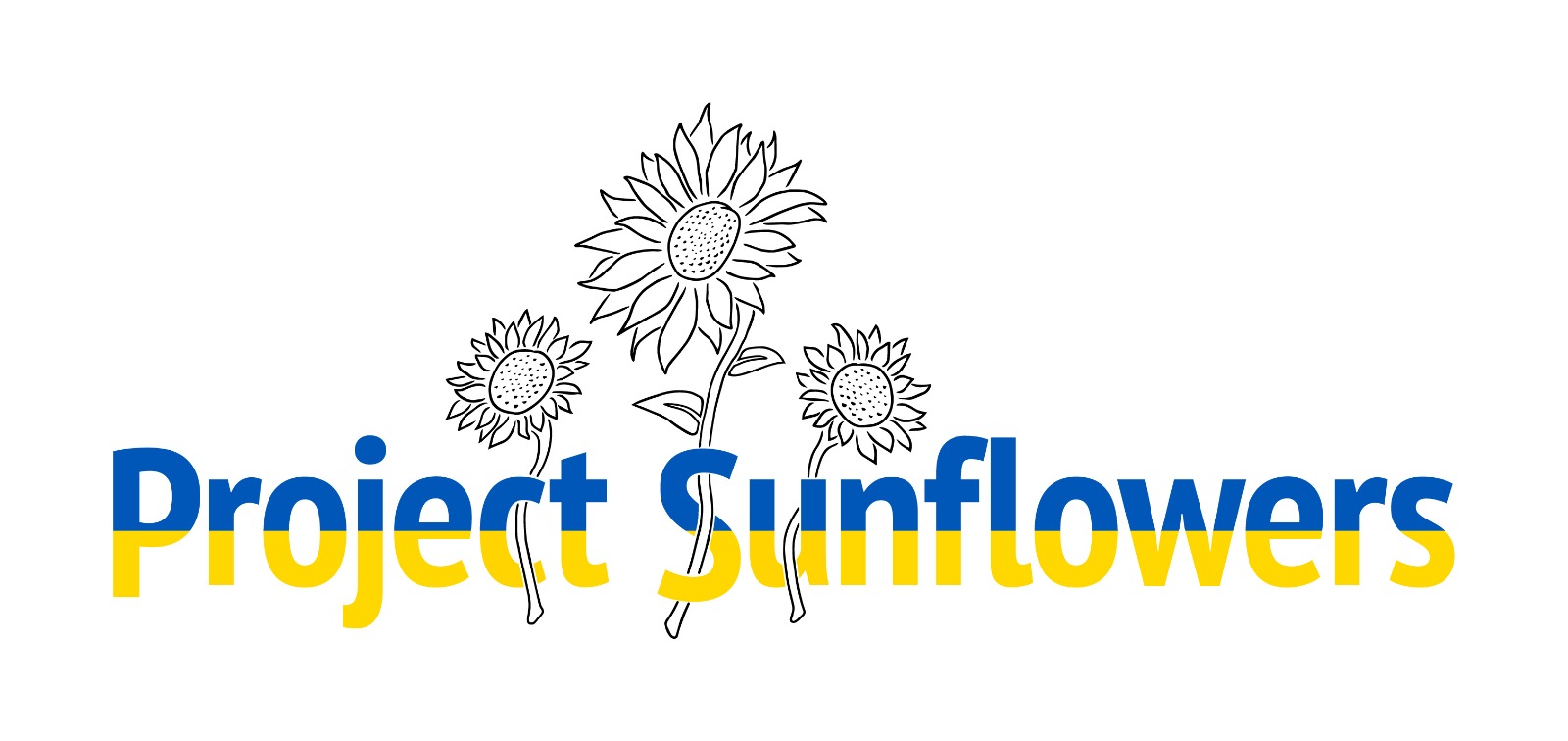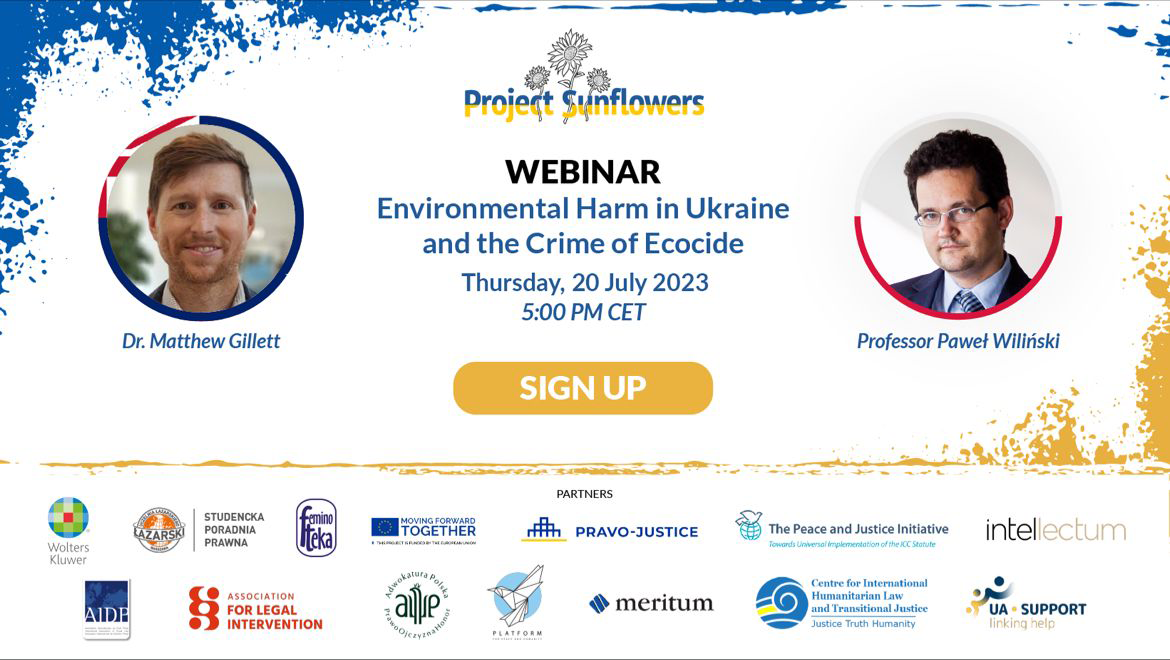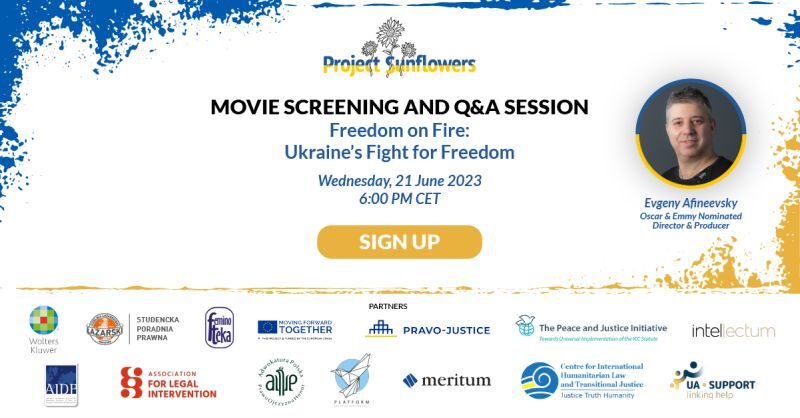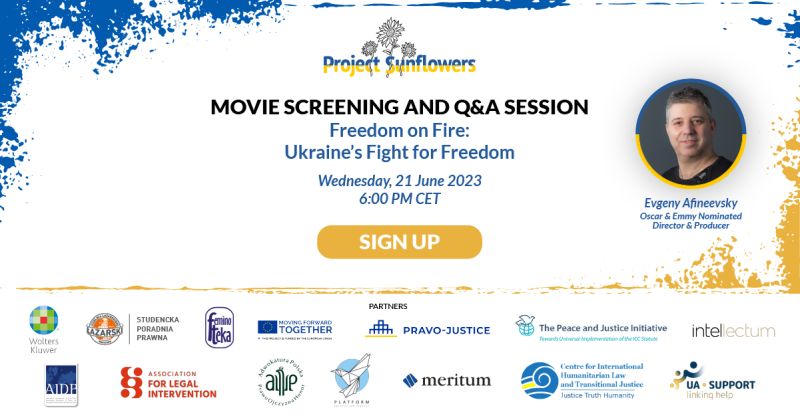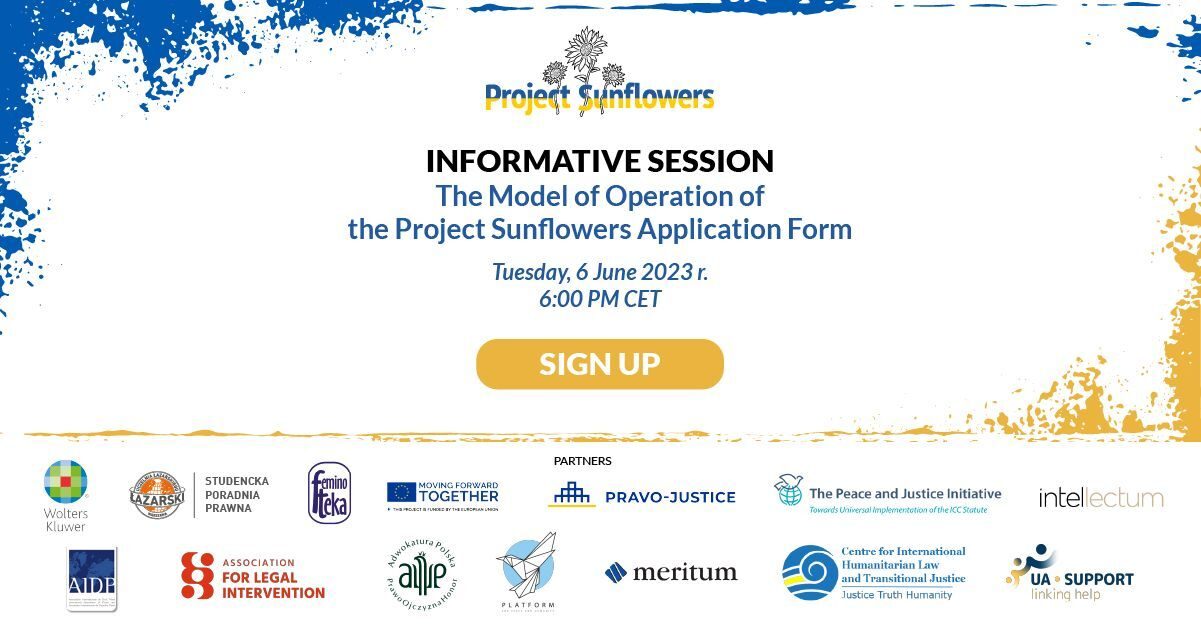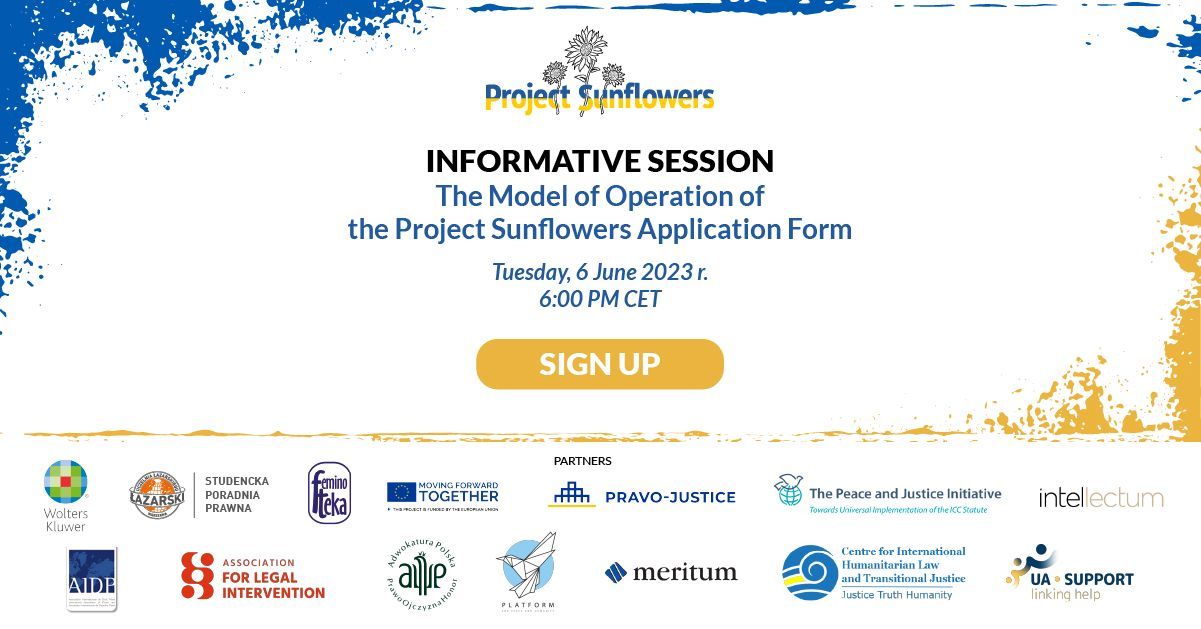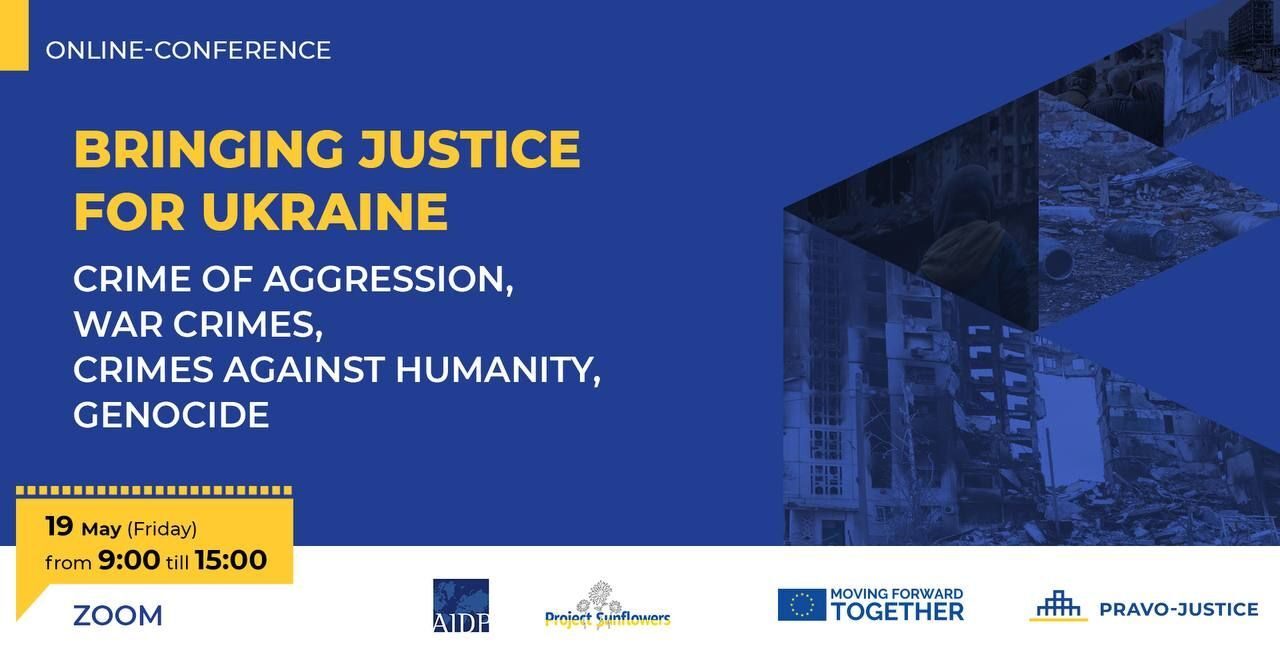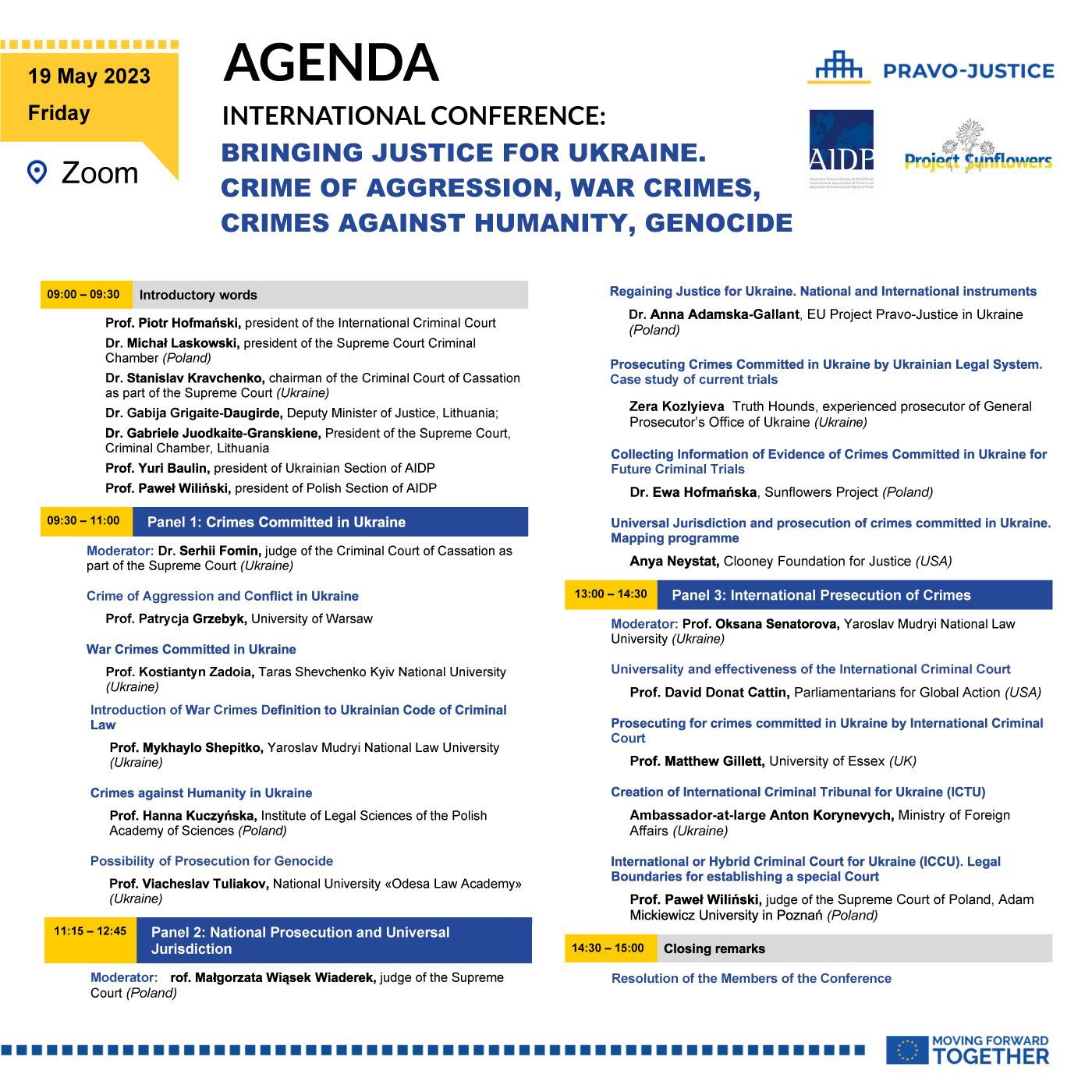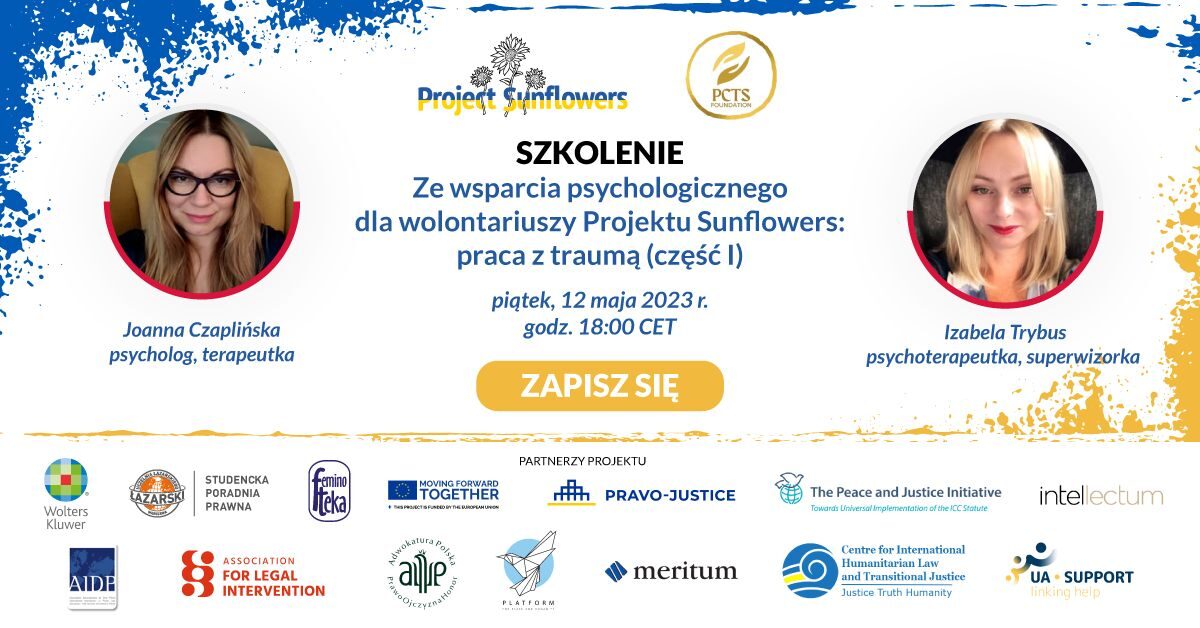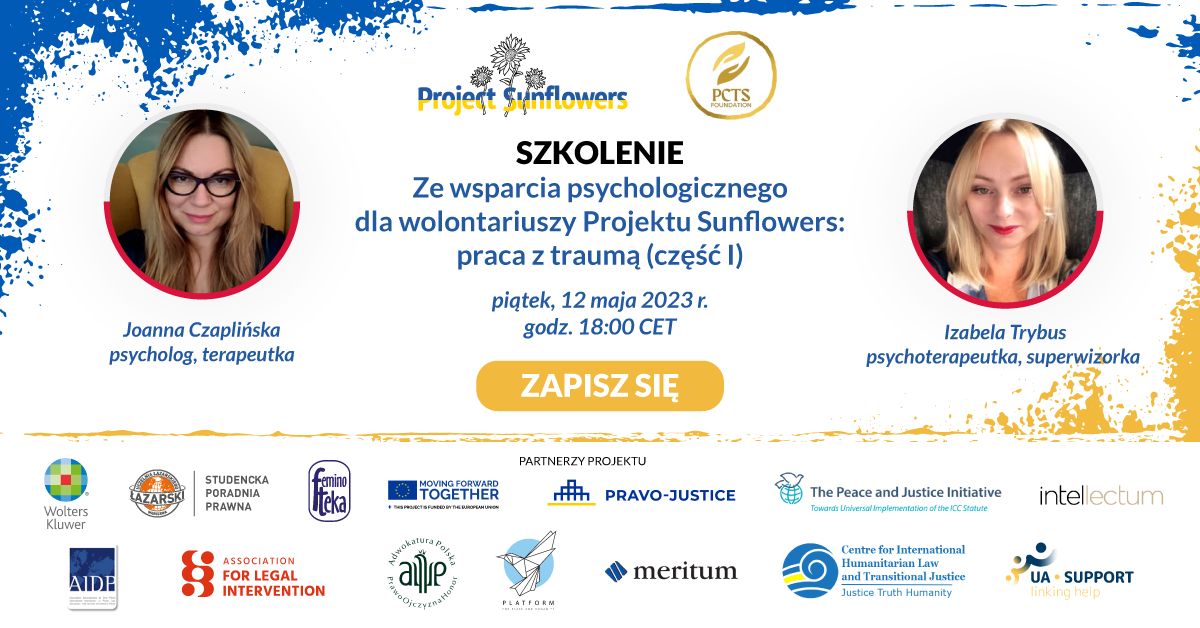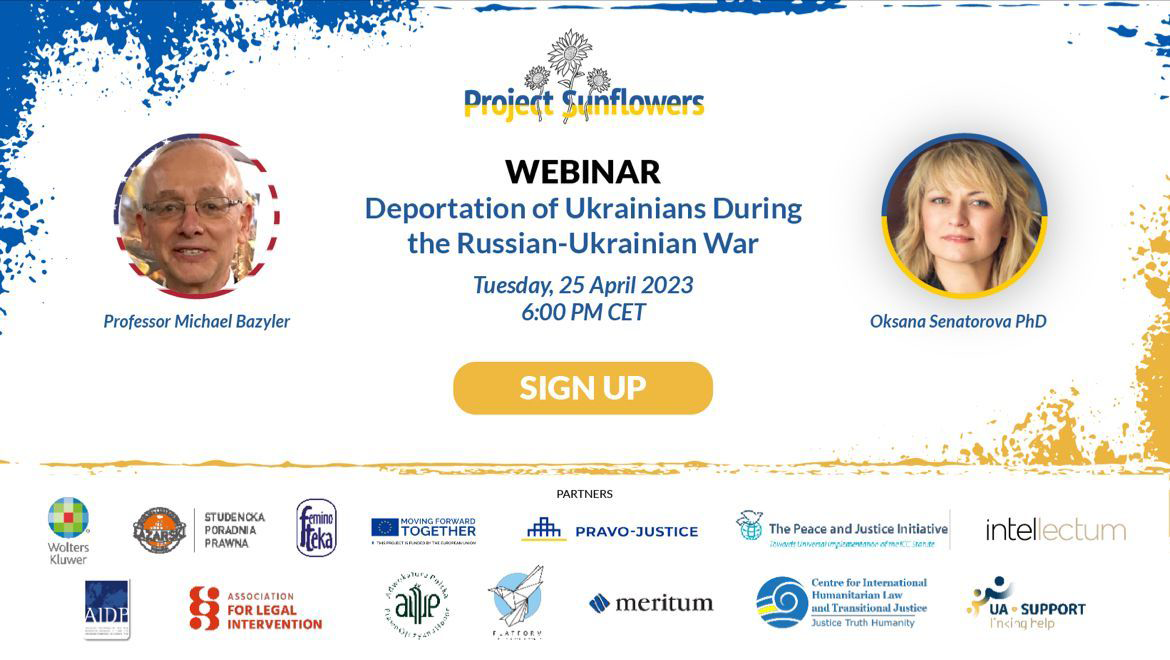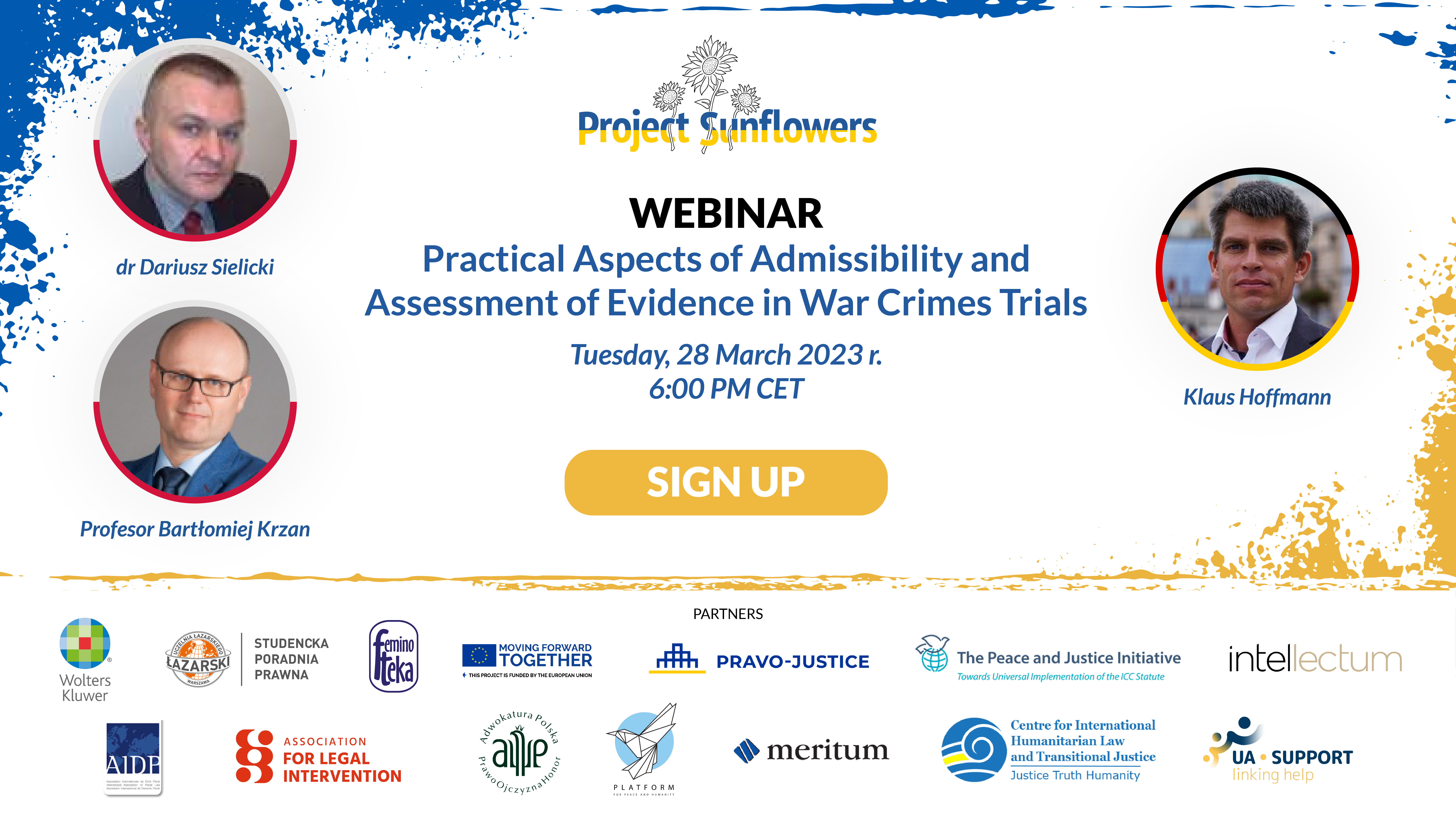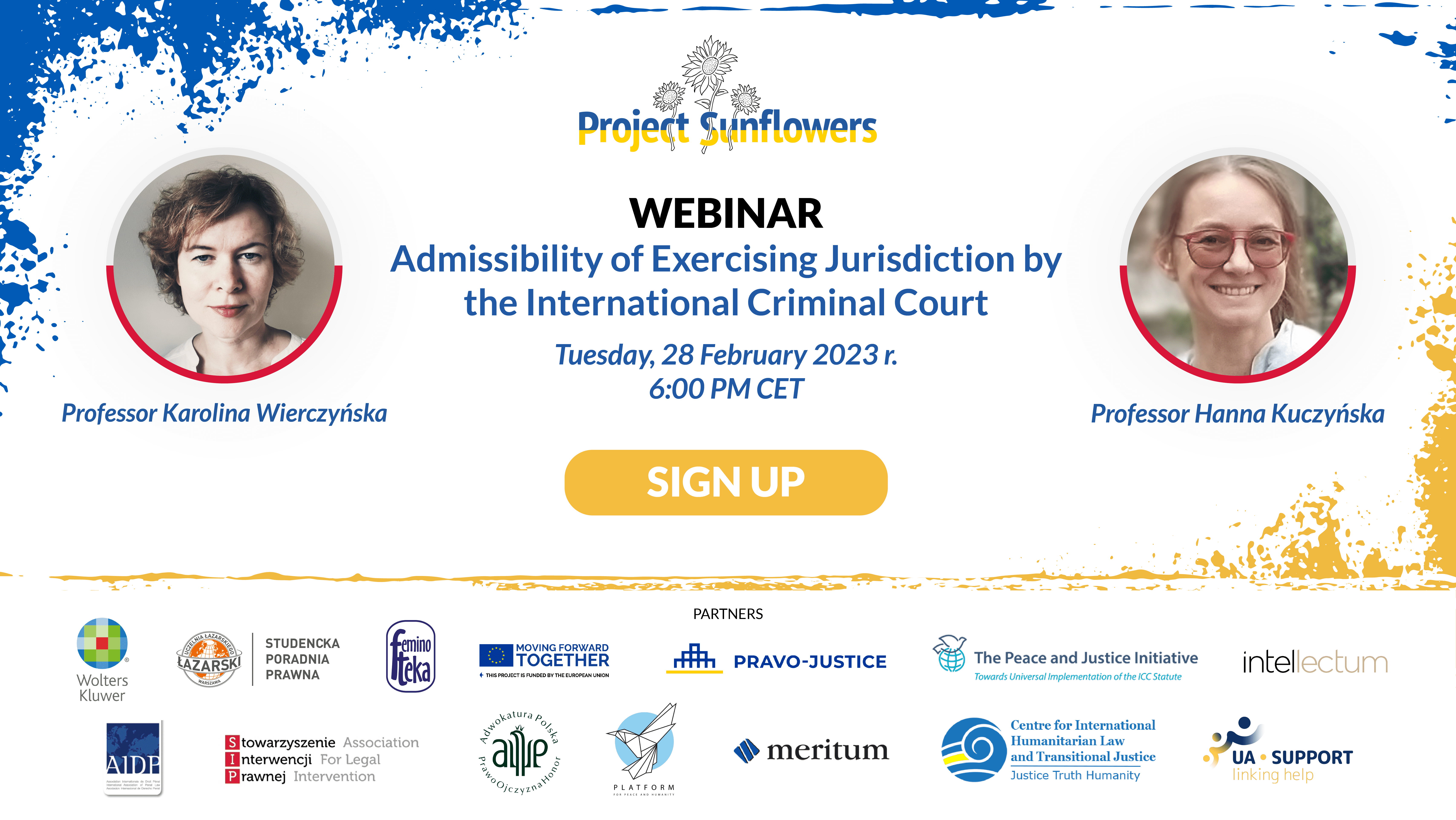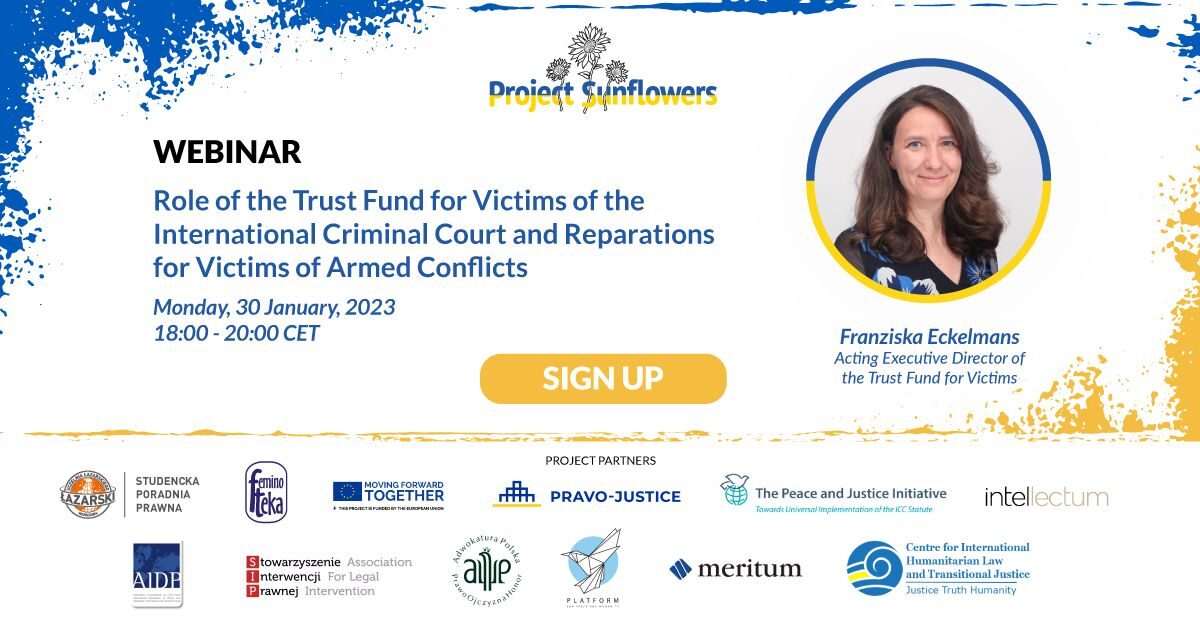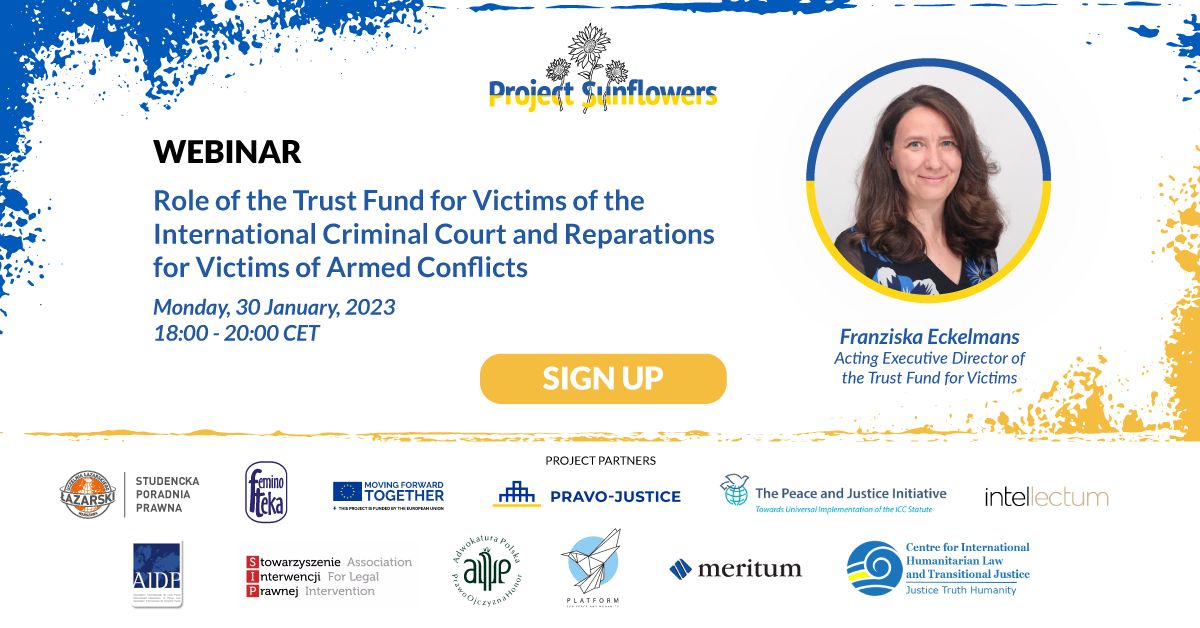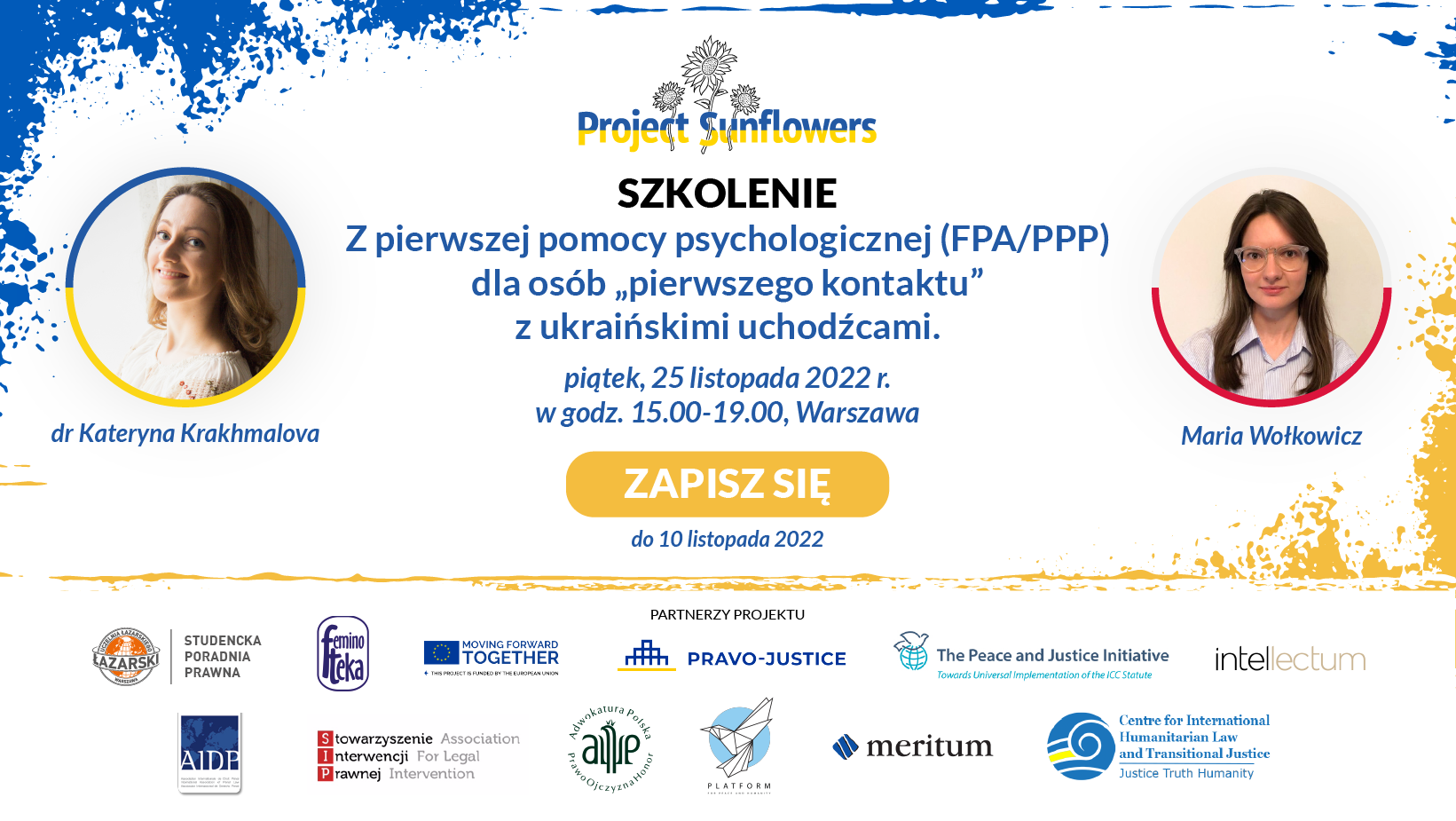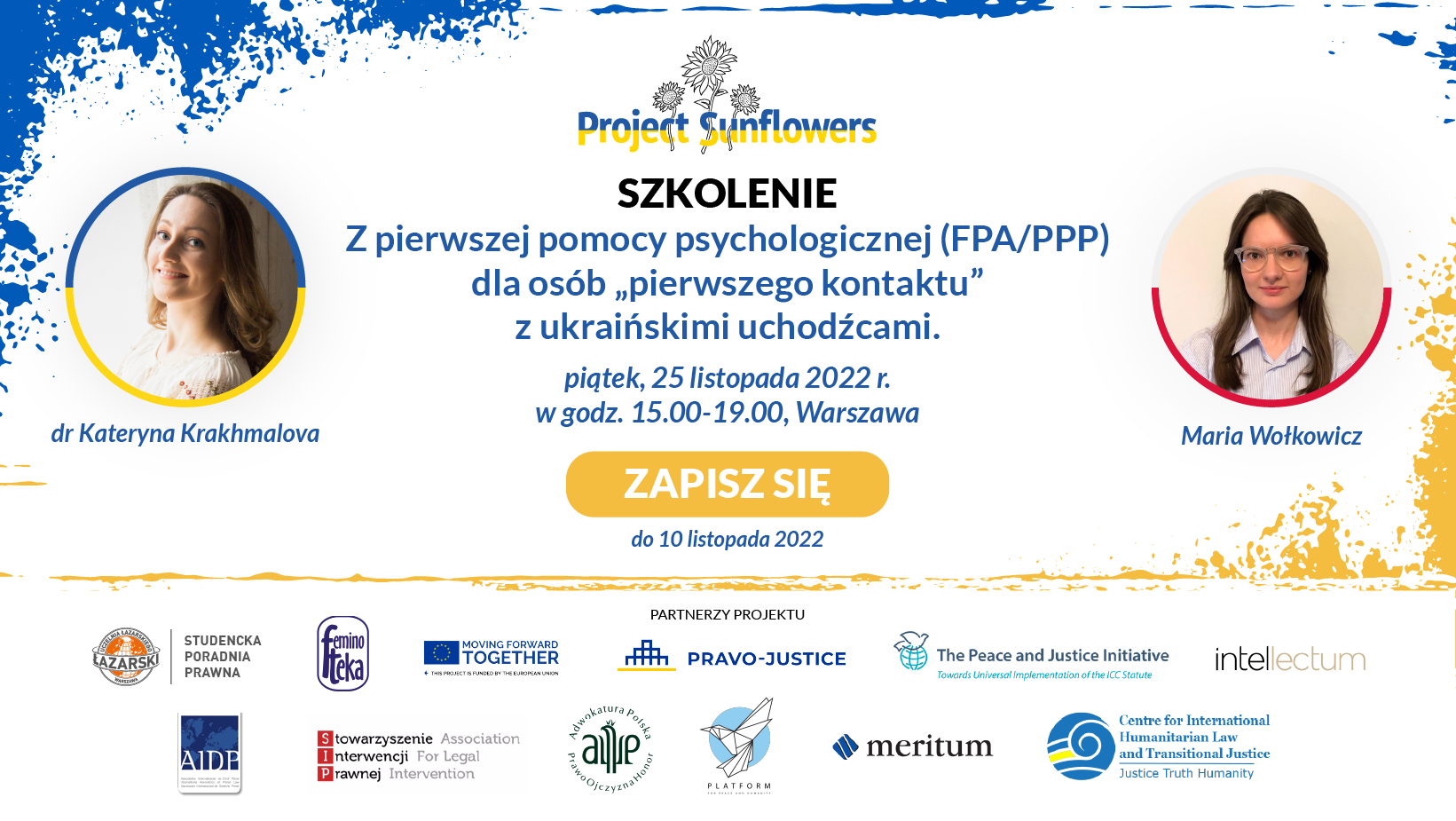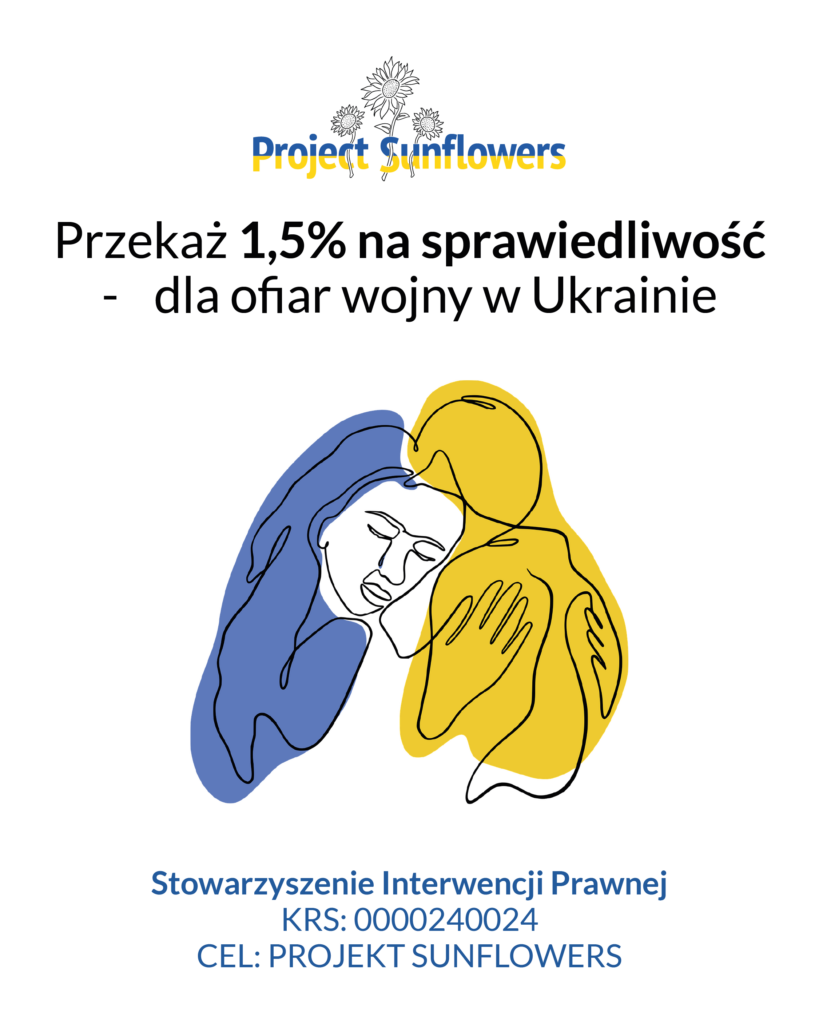Environmental Harm in Ukraine and the Crime of Ecocide

On the 20th of July 2023 the informative session was held on “Environmental Harm in Ukraine and the Crime of Ecocide”. The lectures was given by Dr. Matthew Gillett, who works as a Senior Lecturer at the University of Essex. During the webinar Dr. Giller spoke about ecocide definitions existing in the literature and their advantages and disadvantages, demanding either willful or wanton commission of such a crimes or referring either to enumerated or non-enumerated list of criminal acts. He also indicated the problems with proving the commission of such crimes and relevant types of evidence, including inter alia: official information or company records, military orders, intercepted conversations or insider witnesses. Dr. Gillet is an experienced lawyer who has investigated and prosecuted international crimes for over 15 years. He is also a UN Special Mandate holder in Human Rights. Matthew is one of the initiators of Project Sunflowers.
The meeting was moderated by Professor Paweł Wiliński, Chairman of the Foundation Sunflowers and was a joint event of the Project Sunflowers and EU Project Pravo-Justice.
